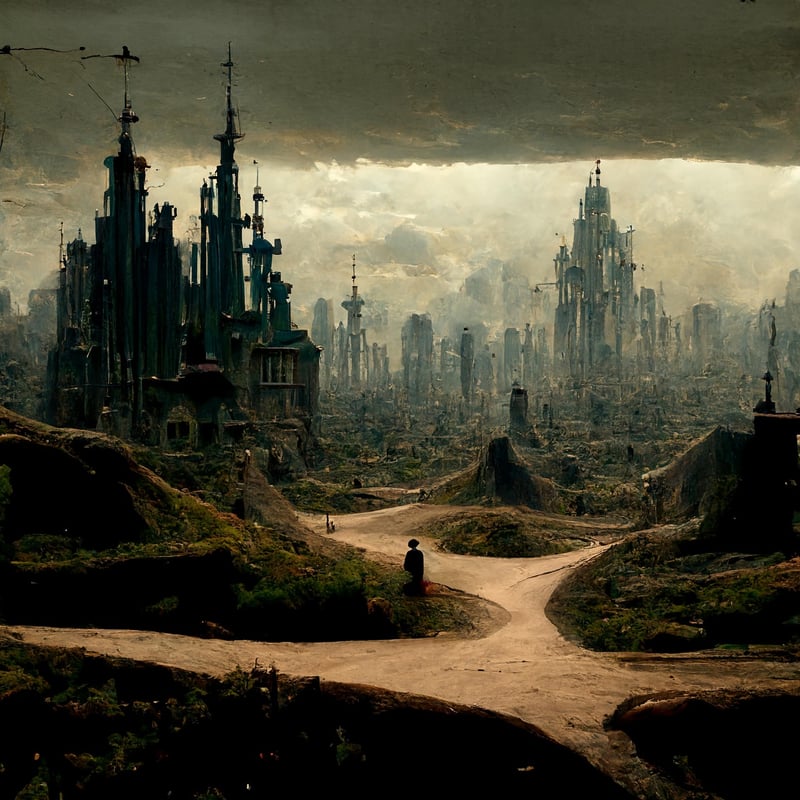Apocalyptic Futures
The Art of Narratives Beyond Time and Apocalyptic Futures
In the realm of storytelling, narratives that transcend time and explore apocalyptic futures have captivated audiences for generations. These stories offer a unique blend of imagination, creativity, and reflection on the human condition. Let's delve into the world of these captivating narratives and discover what makes them so compelling.
Exploring Timeless Narratives
Stories that go beyond the constraints of time have a magical quality that transports readers to different eras and dimensions. Whether it's through time travel, historical fiction, or fantastical realms, these narratives challenge our perception of reality and invite us to ponder the infinite possibilities of the universe.
The Power of Time Travel
Time travel narratives, such as H.G. Wells' "The Time Machine" or Madeleine L'Engle's "A Wrinkle in Time," allow us to explore the past, present, and future in a single narrative thread. They raise philosophical questions about fate, free will, and the impact of our choices on the course of history.
Historical Fiction and Alternate Realities
Works like Ken Follett's "The Pillars of the Earth" or Philip K. Dick's "The Man in the High Castle" immerse us in meticulously researched historical settings or alternate worlds where key events have unfolded differently. These narratives shed light on the complexities of human nature and the fragile nature of reality.
Embracing Apocalyptic Futures
Apocalyptic narratives envision worlds on the brink of destruction, challenging readers to confront their fears and contemplate the consequences of human actions. Whether through environmental collapse, technological dystopia, or cosmic catastrophe, these stories serve as cautionary tales and reflections on contemporary society.
Environmental Collapse and Survival
Books like Octavia E. Butler's "Parable of the Sower" or Cormac McCarthy's "The Road" depict a world ravaged by environmental degradation, where characters must navigate harsh landscapes and societal breakdown to survive. These narratives highlight the resilience of the human spirit in the face of adversity.
Technological Dystopia and Ethical Dilemmas
Works such as George Orwell's "1984" or Aldous Huxley's "Brave New World" warn of the dangers of totalitarianism, surveillance, and the erosion of individual freedoms in a hyper-technological society. They urge readers to question the ethical implications of unchecked progress and the power dynamics that shape our world.
Conclusion
Whether exploring narratives beyond time or grappling with apocalyptic futures, storytelling has the power to transport us to worlds unknown and provoke introspection on the human experience. By engaging with these captivating narratives, we gain new perspectives on our past, present, and potential futures, inviting us to reflect on the choices we make and the worlds we create.
Image Source: Link

Image Source: Link

